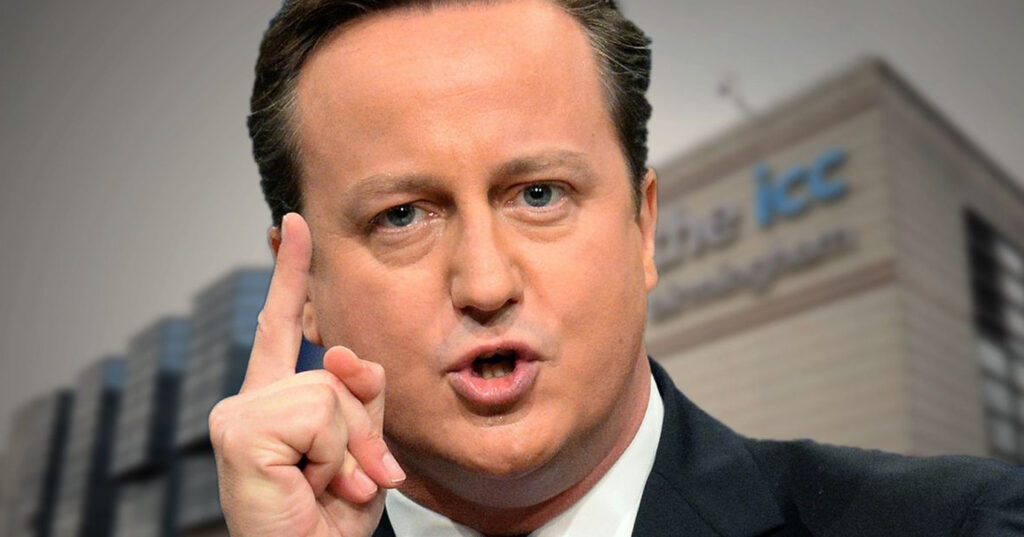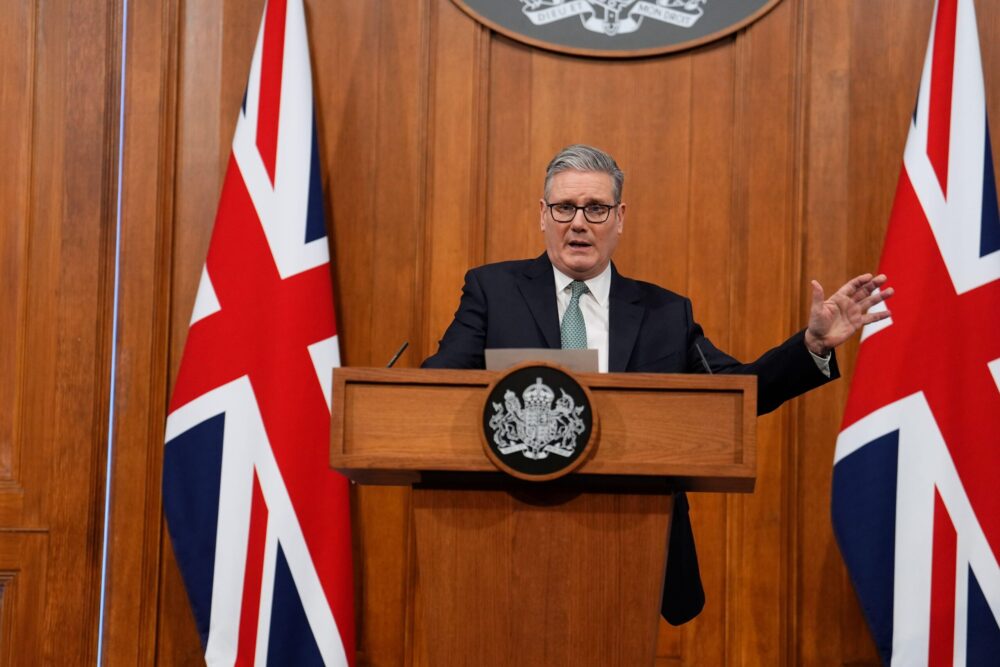
On the first day of the Conservative conference I explained why David Cameron needed to build a coalition of the willing – a band of voters willing to accept further austerity because they believed the results would be worth waiting for. Too many of the people whose support the Tories needed in order to stay in office either thought that any economic recovery would pass them by, or wondered why austerity was still necessary. They needed to understand the end to which austerity was the means and, bluntly, what was in it for them.
Today, they have heard it. A higher tax free allowance, raising the 40p threshold to £50,000, a competitive business tax regime, more apprenticeships, an end to punitive pension taxes, a ringfenced NHS budget and more starter homes – all tied to eliminating the deficit by 2018 – make up a tangible and attractive package. English votes for English laws, the pledge to put free movement of people at the heart of his EU renegotiation plan and to scrap the Human Rights Act with a new British Bill of Rights will also have been welcomed by many.
It was striking that many of his promises were intended to reach those who are not traditional Tory voters. Spelling out that under his plans most minimum wage earners would pay no income tax, his stirring passage on the NHS and the aim of abolishing youth unemployment will all help answer the charge that the Conservatives are exclusively on the side of the best off.
As I have often suggested, the first step to winning back defecting former Tory voters is to show that it matters who wins. Here, too, the signs are good. Cameron set out a distinctive Conservative agenda, and the contrast between him and “the other guy” is manifest.
Of course, few things in political life are as straightforward as that. For one thing, even assuming positive coverage on the news today and in tomorrow’s papers, how many people will have heard what he has said, and how many of them will remember it next week? The upside of the fleeting attention people pay to politics is that embarrassing resignations and unhelpful defections are soon forgotten; the downside is that the good stuff is too. The message must be repeated relentlessly for 218 days – and without letting the message on the dangers of Labour drown out the things that will actually win votes.
The other question, of course, is will they believe it? There will be a huge row about whether the figures add up. And although Cameron was clear that the programme depends on finding £25 billion of savings in the first two years of the next parliament, it is rather less clear where they will come from.
There is much more to do to for the Tories to ensure the message is heard and assure people that they mean it. But for now, the PM has done a good day’s work.


